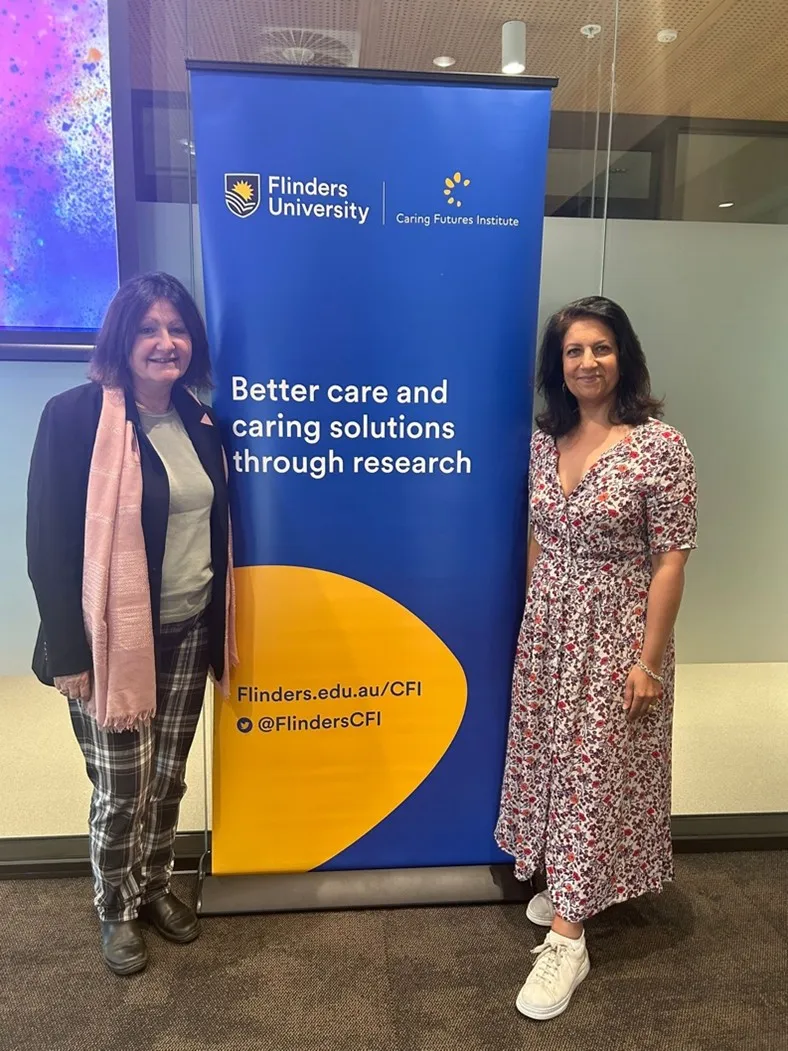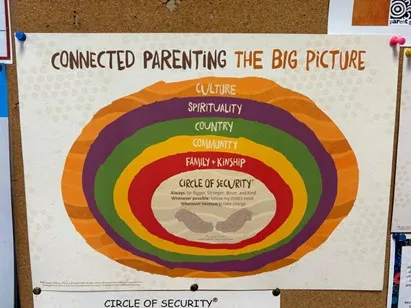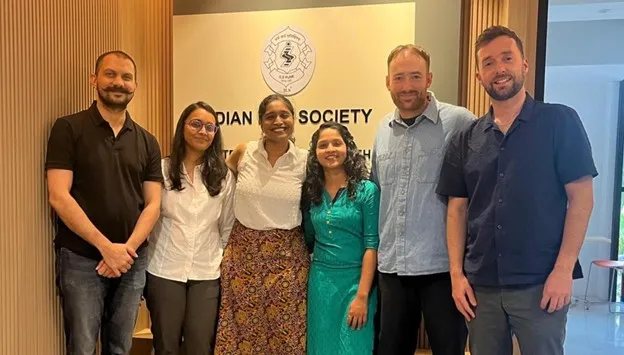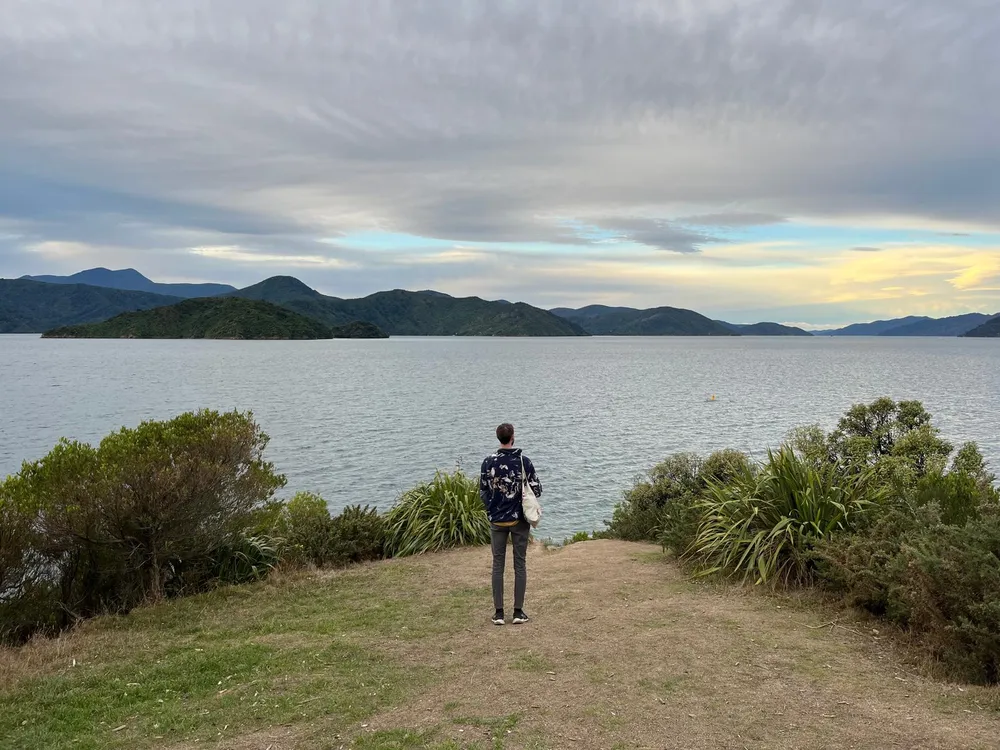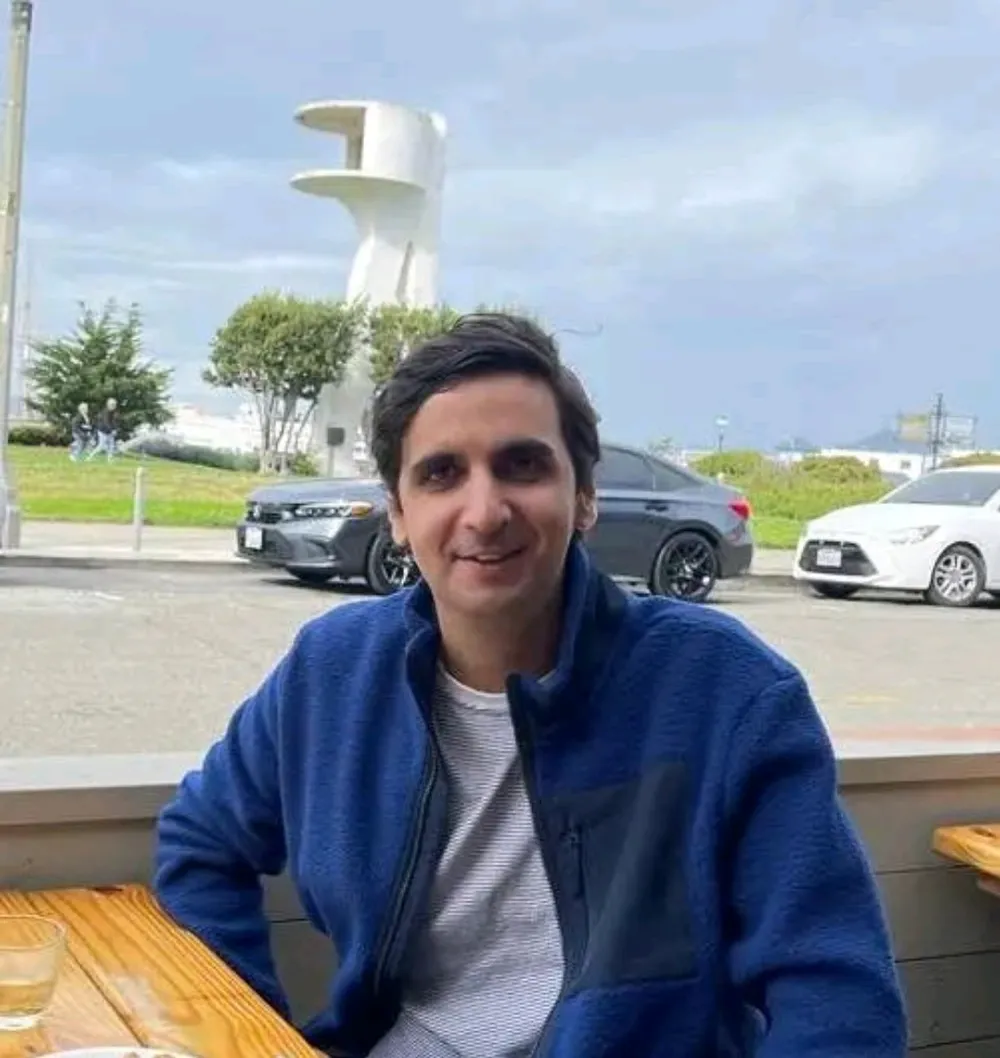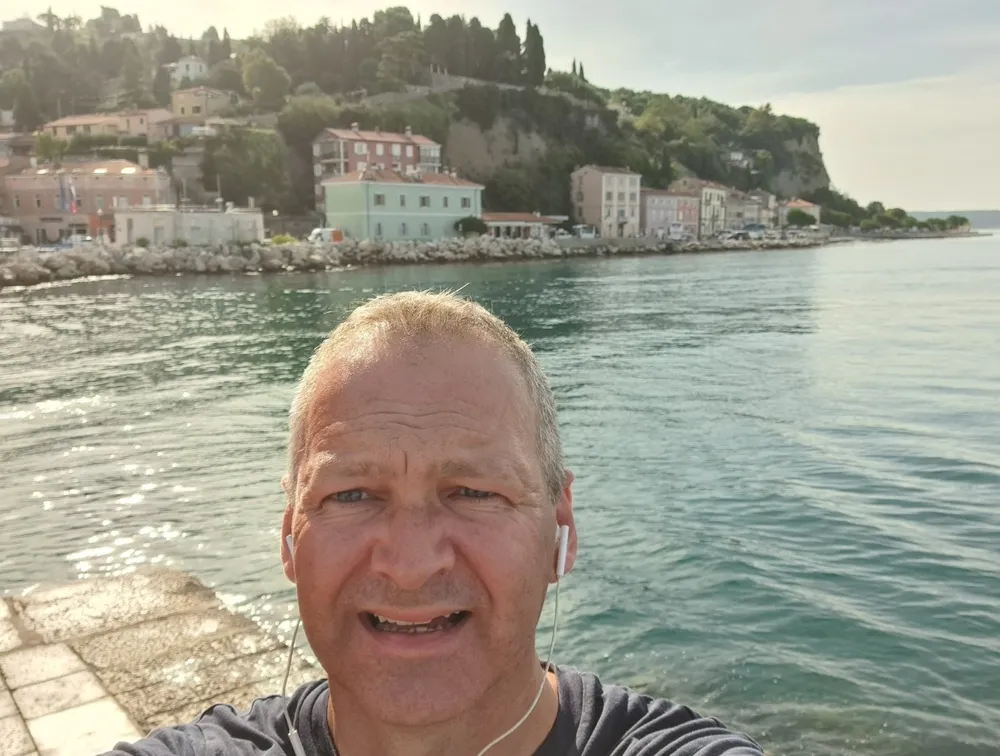These meetings highlighted the importance of health equity, cultural understanding, and respect for the First Nations communities, alongside the need for culturally sensitive service provision. Services need to value culture and heritage as an asset to child wellbeing, not a deficit. One Australian solution I hope to see in the UK is outreach provision – taking holistic support into communities so children can be assessed in familiar settings without feeling judged. Partnerships between health and social care professionals and community link workers help build trust and tailor the services more effectively. When those workers families’ cultural heritage, access improves and health outcomes for children are stronger.
Back in the UK in Scotland, this work is already under way. In March 2025, we launched the ‘In Their Own Words’ report, a De Montfort University and University College London collaboration with Shelter Scotland which shares the lived experiences of children navigating the homelessness system. These first-hand accounts – raw, insightful and often distressing – were presented in the Scottish Parliament. The report has since attracted national media attention, demonstrating the power of lived experience in shifting the narrative and shaping more humane housing policy.
Alongside research and policy, I remain committed to public health communication. As a regular contributor to BBC World Service’s 'Health Check', I bring global health stories to a broad audience, aiming to bridge the gap between academic insight and the public via the media.
Recently, I featured in The Guardian, discussing the health taboos of child constipation – a reminder that even seemingly simple health issues are connected to wider conversations about access, stigma, and the social determinants of health and wellbeing.
Furthermore, my Fellowship has fed into our CHAMPIONS collaboration on the NIHR PSP-REFUGEE project, aiming to address the health needs of refugee and asylum-seeking (RAS) children under 5 in the UK. These children, who make up to 18% of immigrants to the UK, face a much higher risk of poor health.
Internationally, I was recently incredibly honoured to be appointed as the first Rinti Banerjee Visiting Chair Professor at IIT Bombay, which will help me continue building collaborations on global health.

